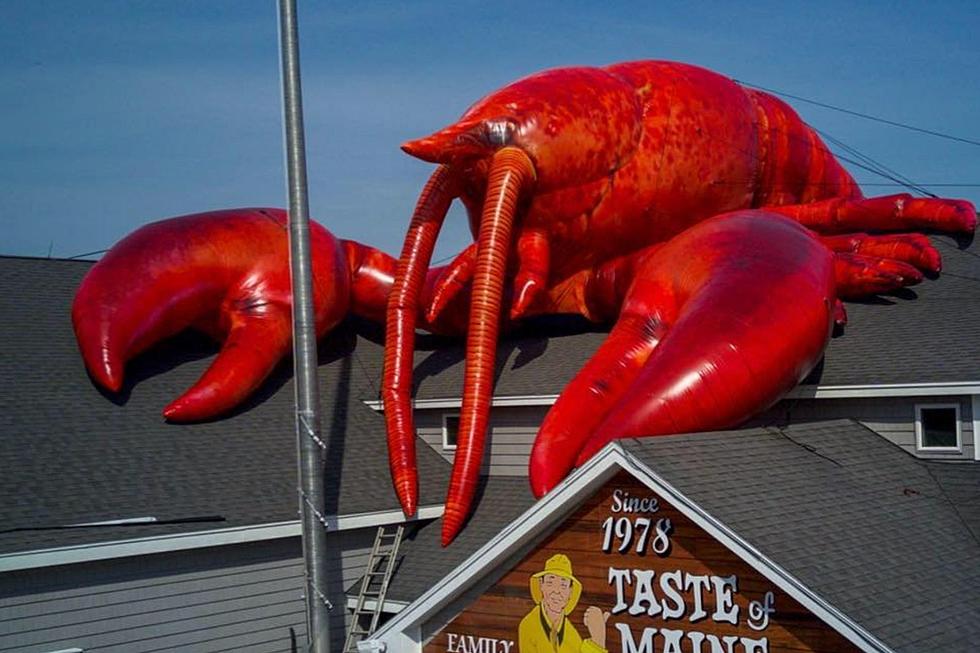
Warning Video: Bears Coming Out of Hibernation and Into New Hampshire Homes
Imagine sleeping for four to five months straight. You would probably wake up a little hungry and groggy...dare I say hangry.
As silly as it is, this is likely how a bear feels in New England when first waking up after a winter hibernation.
If my own mother and mother-in-law have taught me anything, it's to stay as far away as possible while someone wakes up. Humans can be hungry and grumpy first thing in the morning. Same goes for bears.
As we approach the time when New England bears come out of hibernation and immediately start to look for food, we all could use a refresher on bear safety.
According to a Facebook post by the NH Front Page, New Hampshire bear biologist Andrew Timmons has teamed up with Fish and Game’s Programs Information Officer Jay Martin to help communicate to the public in hopes to prevent unwanted encounters in the upcoming months.
To start, put your bird feeders away.
“While there may be some leftover nuts from last fall, bears will be primarily reliant on spring greens for food,” said Andrew Timmins, Bear Project Leader for the New Hampshire Fish and Game Department, in a NH Fish and Game press release and was quoted by NH Front Page. “Because of this limited menu, bears will be easily enticed by a wide variety of human-produced food sources, especially bird feeders.”
According to the NH Fish and Game press release, bird feeders typically are the direct cause of 25% of annual bear–human encounters.
Even though it feels like spring is right around the corner, the sun shines longer, and you can hear the whistles of spring birds in the morning, bird feeders could bring unwelcome bears closer to your home than you want.
Above is a black bear in South Alexandria, New Hampshire, who likely just came out of hibernation. This video shows the bear approaching the nearest place with food within smelling distance: someone's home.
“Bears have an extremely acute sense of smell, long memories, and high intelligence. We really need the help of residents this spring to prevent emerging bears from returning to locations where they have been previously successful in finding backyard food sources," said Timmins in the press release. "It is harmful for bears to become conditioned to forage around homes and in residential areas, because they will lose some of their natural aversion to humans. Bears are much better off in the wild relying on natural food sources.”
In addition to bird feeders, other bear and human encounters come from unprotected chickens and other poultry (23% of encounters), and unsecured garbage cans/dumpsters (38% of encounters), according to the press release.
Moral of the story: bears are waking up. Clean up your trash, put away the bird feeders, and watch out for your chickens, because the bears may be a little extra hungry in the upcoming spring months.
LOOK: Stunning animal photos from around the world
LOOK: 30 fascinating facts about sleep in the animal kingdom
More From 97.5 WOKQ









